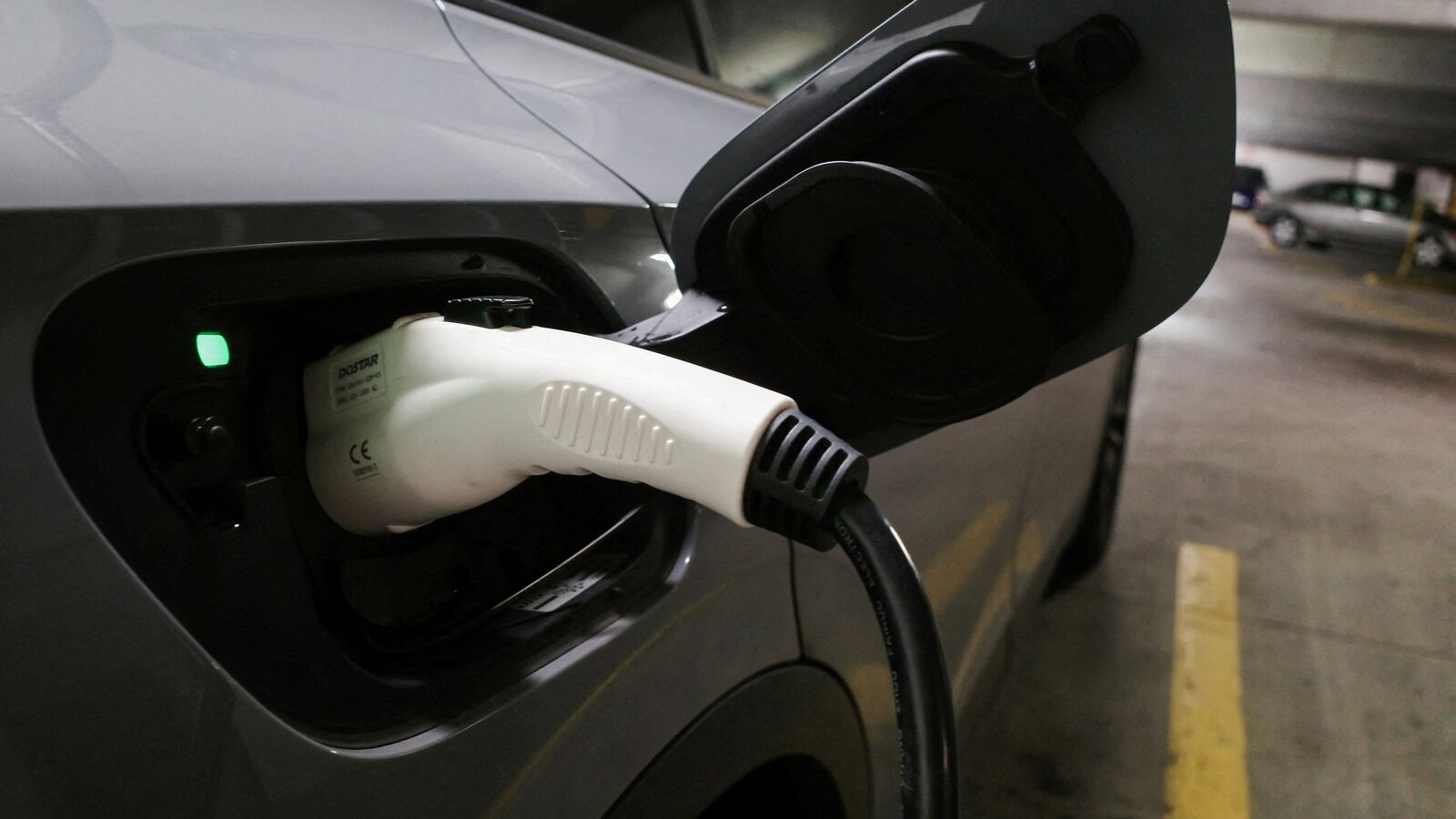The US wants manufacturers to break Chinese grip on battery supply chain. How? Offer tax credit on only EVs that have a certain amount of localisation
…
The US wants manufacturers to break Chinese grip on battery supply chain. How? Offer tax credit on only EVs that have a certain amount of localisation.
Customers in the United States looking to make the most of incentives to purchase their favourite electric car will need to pause and consider the new rules that came into effect from January 1 in the country. The rules broadly include only select electric models for tax credit, leaving a number of very popular electric vehicles or EVs out.
The US has been looking at fending off attack from Chinese manufacturers as well as Chinese imports while attempting to bolster local manufacturing. EV tax credit was a major part of Joe Biden administration’s Inflation Reduction Act which was passed in 2022 which, among other focus areas, looked to encourage local manufacturing while thwarting China’s solid say in battery supply chain. Broadly, EVs being manufactured in North America qualified for tax credit, prompting those that didn’t have plants here to announce facilities to be established on the continent.
Also Read : EV sales in US cross one million mark for the first time ever
But the list of EVs that qualify for tax credit has been shortening steadily and from January 1 of this year, it narrowed significantly because of the battery sourcing rules that came into effect from Monday.
What are battery sourcing rules in the US all about?
The US Treasury department issued strict rules in December for new battery sourcing requirements that any vehicle with a certain foreign battery content including low-value components will not be eligible for tax credit that otherwise goes up to as high as $7,500 (approximately ₹6.25 lakh). This is widely seen as a way to beat back against Chinese components in EVs sold in the US and to encourage manufacturers to make more investments within the US, look for partnerships within the country and potentially open more jobs for Americans.
How many EVs are now excluded from tax credit?
Till December 31 of 2023, as many as 43 electric cars were eligible for tax credit. This number has now gone down to 19. Reports suggest that EVs like Tesla Model 3 RWD, Volkswagen ID.4, BMW X5 xDrive50e, Audi Q5 PHEV 55, Cadillac Lyriq and Ford E-Transit are now out of the list. Among those still in the list are five Tesla EVs, Ford F-150 Lightning, Chevrolet Bolt EV and a number of Rivian models.
First Published Date: 02 Jan 2024, 14:40 PM IST

